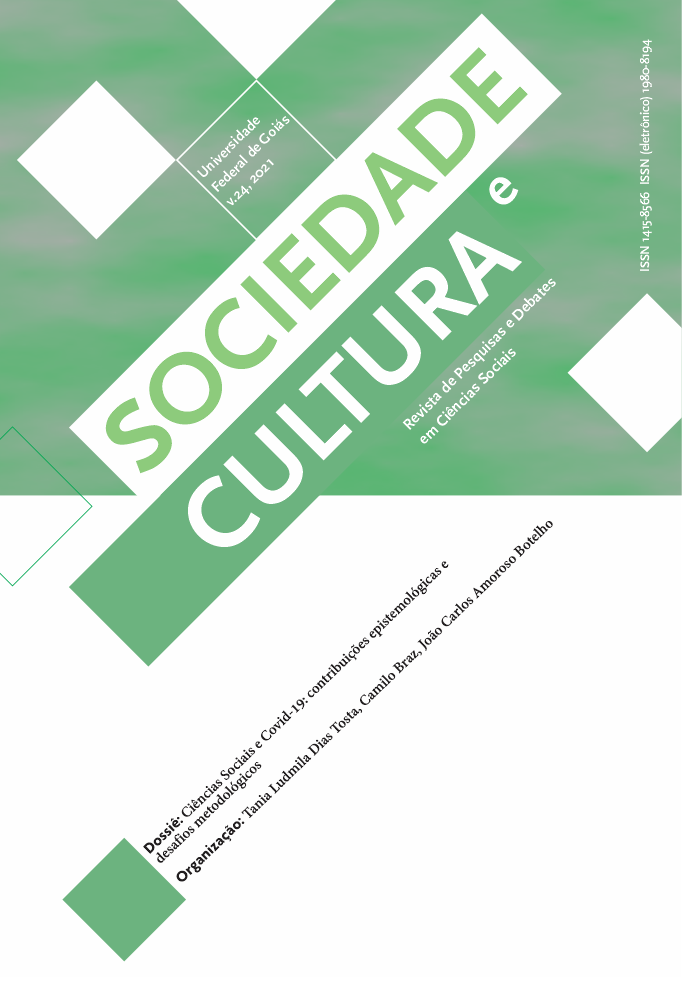(Dis)encounters between Giorgio Agamben and Michel Foucault: What remains of the rule of law in Brazil
DOI:
https://doi.org/10.5216/sec.v24.63358Abstract
This article explores the conceptual and theoretical convergences and divergences in some discussions of Michel Foucault and Giorgio Agamben, emphasizing the notions of state of exception and biopolitics. It is argued that the analytical framework from the authors lets understand why, in the current Brazilian society, increasingly, democracy has become a mechanism of biopolitical management that has, inside, the adoption of typical state of exception measures and devices, such as authorizing the killing of suspects and enemies and suspension of constitutional rights and guarantees. The empirical basis for theoretical discussion is the recent experience of military intervention in the Rio de Janeiro’s public safety, with your exception measures, based on territory occupation, social militarization, access control and in the impunity in the face of violations. Thus, the intervention is a laboratory of state of exception permanent that gradually is settling in Brazilian society.
Downloads
Downloads
Published
How to Cite
Issue
Section
License
Copyright (c) 2021 Sociedade e Cultura

This work is licensed under a Creative Commons Attribution 4.0 International License.
Authors who publish in this journal agree to the following terms:
- Authors retain the copyright and grant the journal the right of first publication, the work being simultaneously licensed under the Creative Commons Attribution License, which allows the sharing of the work with acknowledgment of authorship and of the initial publication in this journal;
- Authors are authorized to enter into additional contracts separately, for non-exclusive distribution of the version of the work published in this journal (eg, publishing in an institutional repository or as a book chapter), with acknowledgment of authorship and of the initial publication in this journal;
- Authors are allowed and encouraged to post and distribute their work online (eg, in institutional repositories or on their personal page) at any point before or during the editorial process, as this can bring productive change as well as increases the impact and the citation of the published work (see O Efeito do Acesso Livre).



